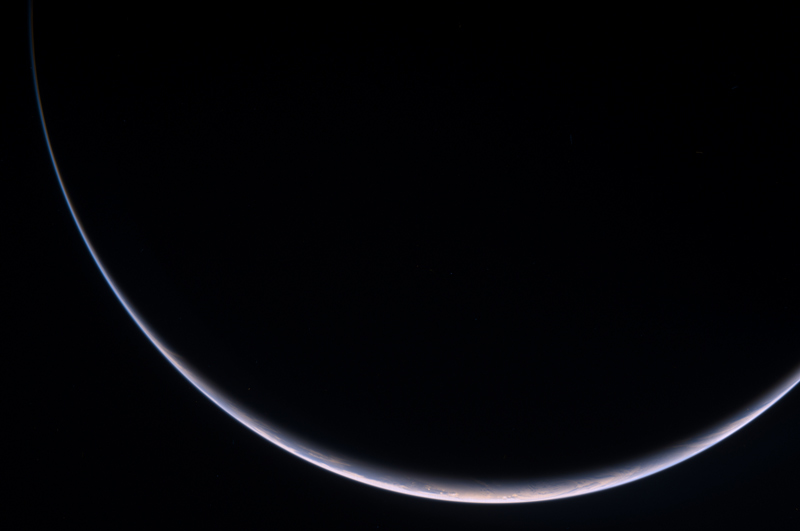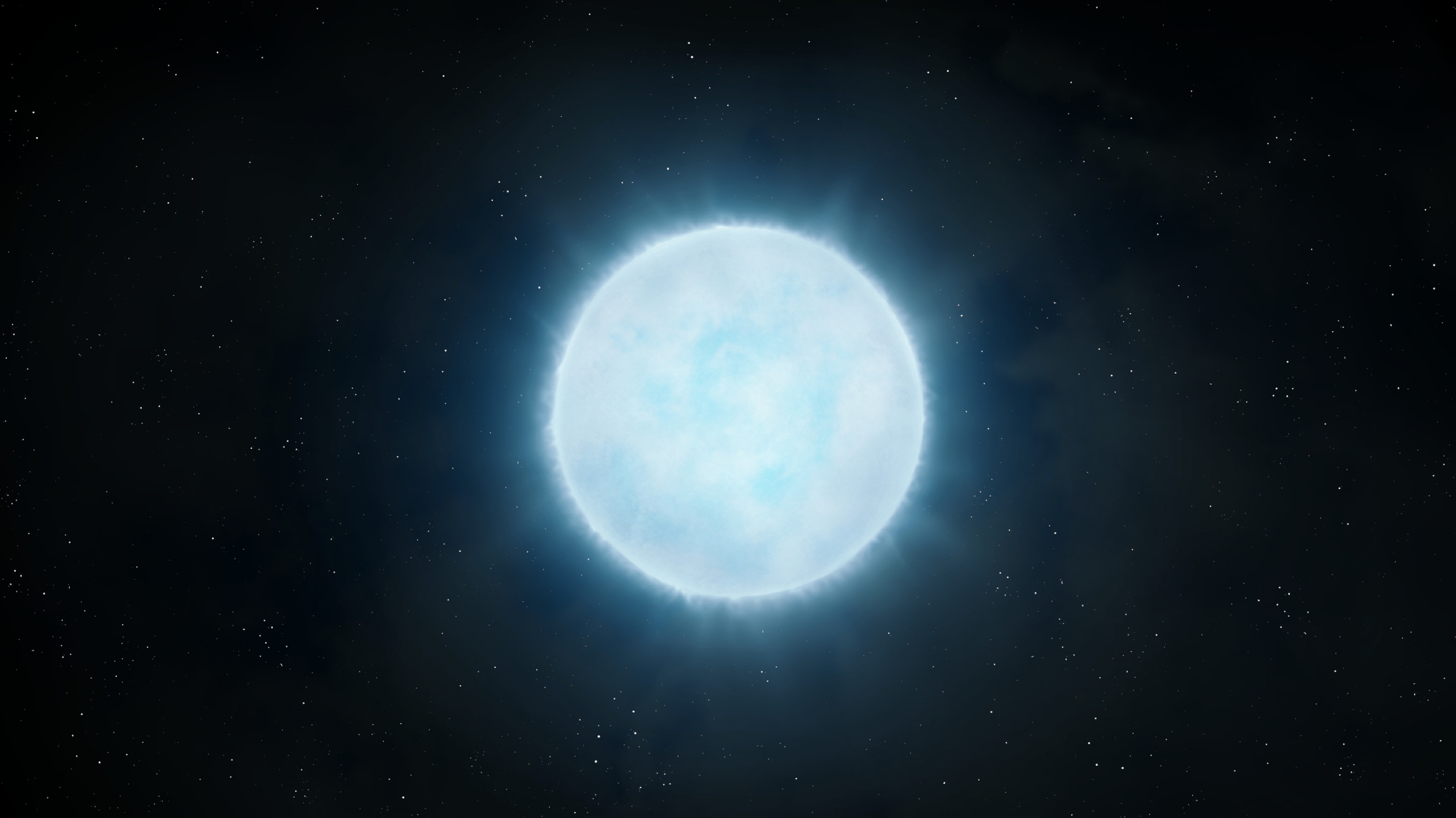Comet Probe Photographs Earth During Flyby

A Europeanprobe hunting down a distant comet has beamed back the first images of itsTuesday swing by the planet Earth.
TheEuropean Space Agency?s (ESA) Rosetta spacecraft flew past Earth for the secondtime at about 3:57 p.m. EST (2057 GMT) to nab aspeed boost for the 4.4 billion-mile (7.1 billion-kilometer) trek to thecomet 67/P Churyumov-Gerasimenko.
?The spacecraft will now be catapulted towards the outer solarsystem with its newly-gained energy before coming back to Earth for anotherboost,? ESA officials said in a post-flyby announcement.
Rosetta?sfirst images of its second Earth flyby were recorded by the probe?s navigationcamera and other instruments to reveal its homeplanet in color and a crescent moon in starkblack and white. Views of GrahamLand, Antarctica and a monochrome look at the limbof the Earth were among pictures released today.
Accordingto its flight plan, Rosetta will turn its camera eye on the moon as it departsEarth today. As the probe flies further out, it will look back at the Earth-moonsystem, mission managers said.
Tuesday?sEarth flyby brought Rosetta within 3,290 miles (5,295 kilometers)of the planet's surface and marked Rosetta?s third planetary pass to gain agravity assist for its planned 2014 comet rendezvous. The probe carries a smalllander, dubbed Philae, designed to touch down on 67/PChuryumov-Gerasimenko to take a closer look at the icy wanderer.
The probelaunched in March 2004 and firstflew by Earth one year later before swinging past Mars on Feb. 27 this year.The flybys allow Rosetta to steal a bit of speed from the orbital momentum ofeach planet as it uses gravity to slingshot across the solar system. It wasflying at about 27,961 mph (45,000 kph) as it left the Earth late Tuesday, officialssaid.
Breaking space news, the latest updates on rocket launches, skywatching events and more!
Rosettawill return for yet another Earth boost Nov. 13, 2009, after visiting anasteroid called Steins in September 2008.
Rosettaresearchers, meanwhile, are looking forward to sifting through the datacollected by the comet probe?s instruments during the Earth flyby, the ESAsaid.
- VIDEO: Comets: Bright Tails, Black Hearts
- IMAGES: Great Comets
- SPACE.com Multimedia: Comets Through Time: Myth and Mystery

Tariq is the award-winning Editor-in-Chief of Space.com and joined the team in 2001. He covers human spaceflight, as well as skywatching and entertainment. He became Space.com's Editor-in-Chief in 2019. Before joining Space.com, Tariq was a staff reporter for The Los Angeles Times covering education and city beats in La Habra, Fullerton and Huntington Beach. He's a recipient of the 2022 Harry Kolcum Award for excellence in space reporting and the 2025 Space Pioneer Award from the National Space Society. He is an Eagle Scout and Space Camp alum with journalism degrees from the USC and NYU. You can find Tariq at Space.com and as the co-host to the This Week In Space podcast on the TWiT network. To see his latest project, you can follow Tariq on Twitter @tariqjmalik.
